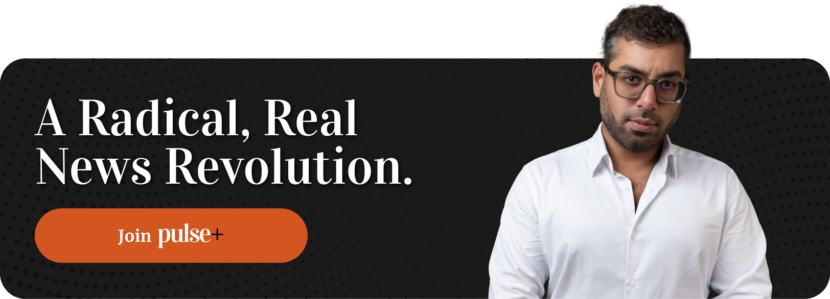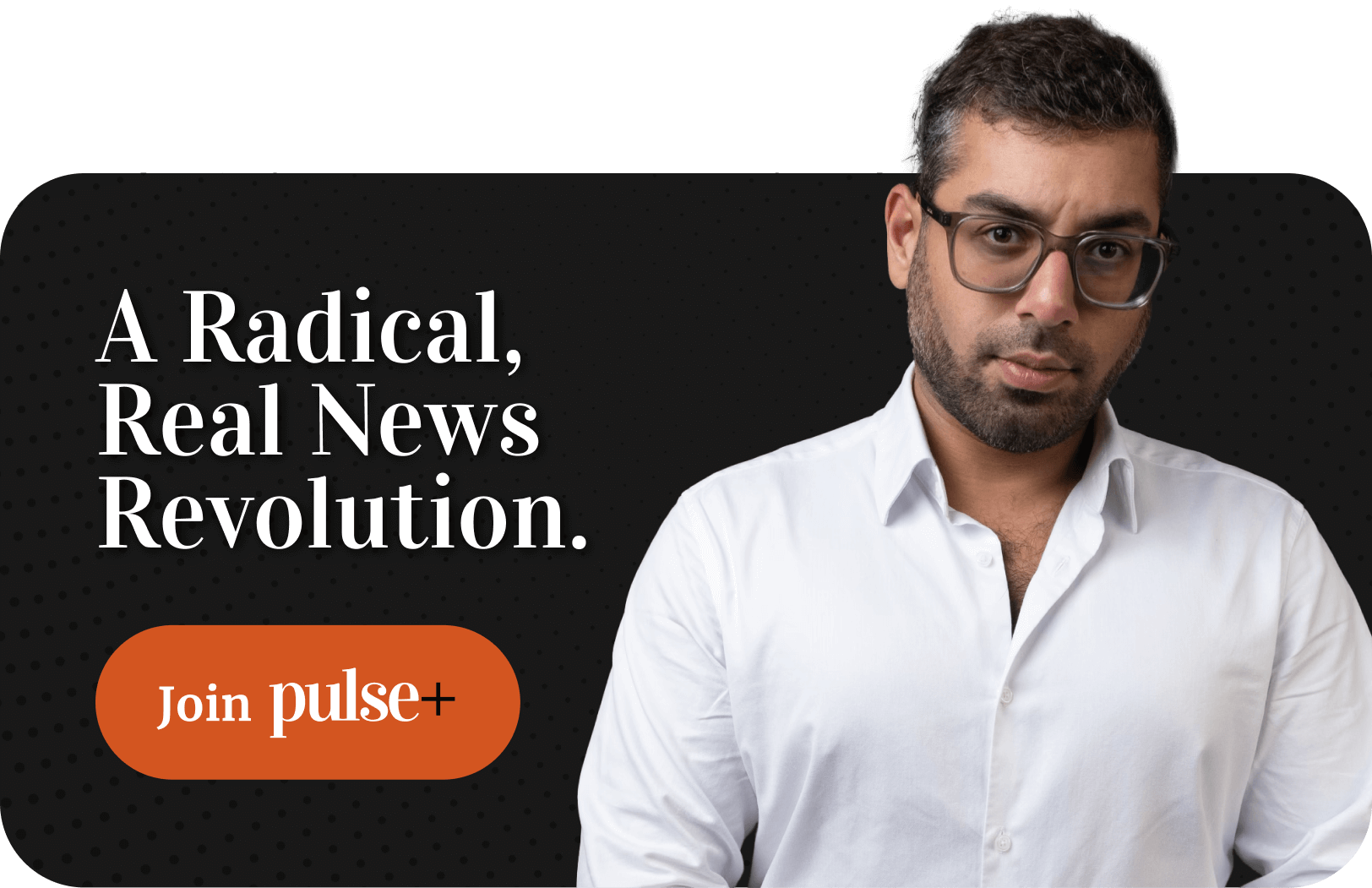This article is part of a series focusing on Lens of Liberty, a project of the Vernon K. Krieble Foundation.
In her Liberty Minute titled “Big Brother is Watching,” Helen Krieble examines a troubling governmental practice that many Americans would rather choose to ignore:
I’m concerned about our own government spying on us. We should all be worried. In today’s high tech world, government has the ability to watch us through our computers, phones, cars, and buses; through traffic and security cameras at airports and on our streets; through heat scanners and drones; through smart utility meters; and in hundreds of other ways. Officials can photograph our mail, track the locations of our phones and cars, and sometimes even remotely activate microphones and cameras.
The excuse for all this spying is that it makes us safer. But does it? We ought to look through the lens of liberty and realize that the real danger is losing our freedom.
With current technological advances, it has become increasingly easier to spy on unsuspecting American citizens. After the Cambridge Analytica scandal at Facebook, attention has also shifted to private companies’ ability to collect, use, and sell the data of millions of people without their consent. The great irony, however, of Mark Zuckerberg’s recent congressional testimony is that the very politicians who grilled the Facebook CEO about his company’s data collection are also a part of the greatest data-collector of all time: the federal government.
As Krieble states, our government excuses its own domestic espionage by arguing that such measures makes us safer. The underlying assumption to this argument is that the increased security is worth the price of losing our privacy. Nevertheless, in order to maintain our liberty, Americans must reject this thinking and push back against the government — both legally and morally — whenever privacy is placed in jeopardy.
One potential opportunity to advance the cause of liberty from government espionage is the pending Supreme Court case Carpenter v. United States. The petitioner, Timothy Carpenter, was accused of robberies in Michigan and Ohio from 2010 to 2011. In an effort to apprehend Carpenter, the government obtained his cell phone records without a warrant.
Even if Carpenter is guilty, the fact that government agents can acquire individuals’ cell phone data without a warrant is troubling. Officials accessed data spanning back 127 days to track Carpenter’s movement. And if the Supreme Court were to uphold the government’s actions, it would set a precedent allowing the government to access anyone’s cell phone data over any period as long as they have “reasonable grounds,” a much lower standard than probable cause.
Fortunately, this case has not gone unnoticed. As well as garnering media attention, several outside organizations have contributed to the fight for privacy, including the Cato Institute and Americans for Prosperity, both of which have submitted amicus curiae briefs in support of Carpenter.
The Supreme Court will announce its decision before the end of June when the current term ends. The decision should be one of great interest to all Americans, as it will be an indication of which direction our nation’s judiciary is headed with regard to privacy. Hopefully, the Supreme Court will look through the “lens of liberty” and decide that privacy and liberty are more important than a false sense of security.


